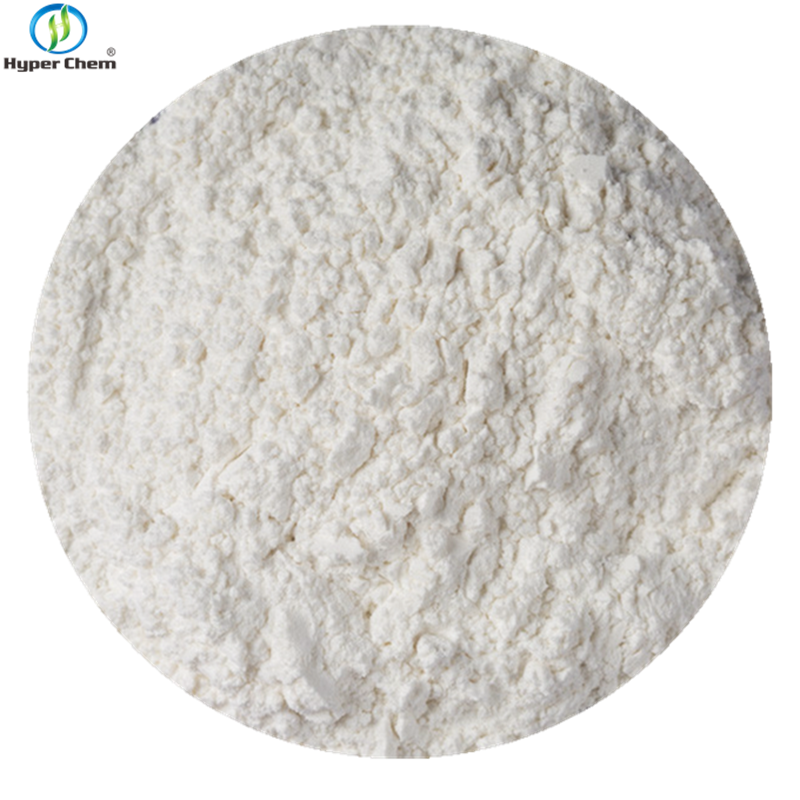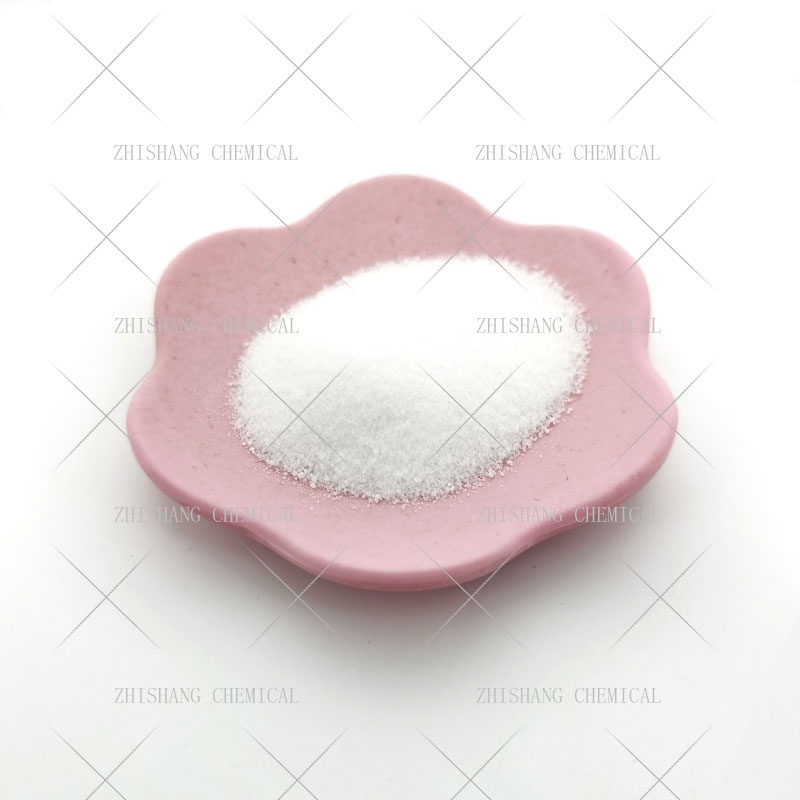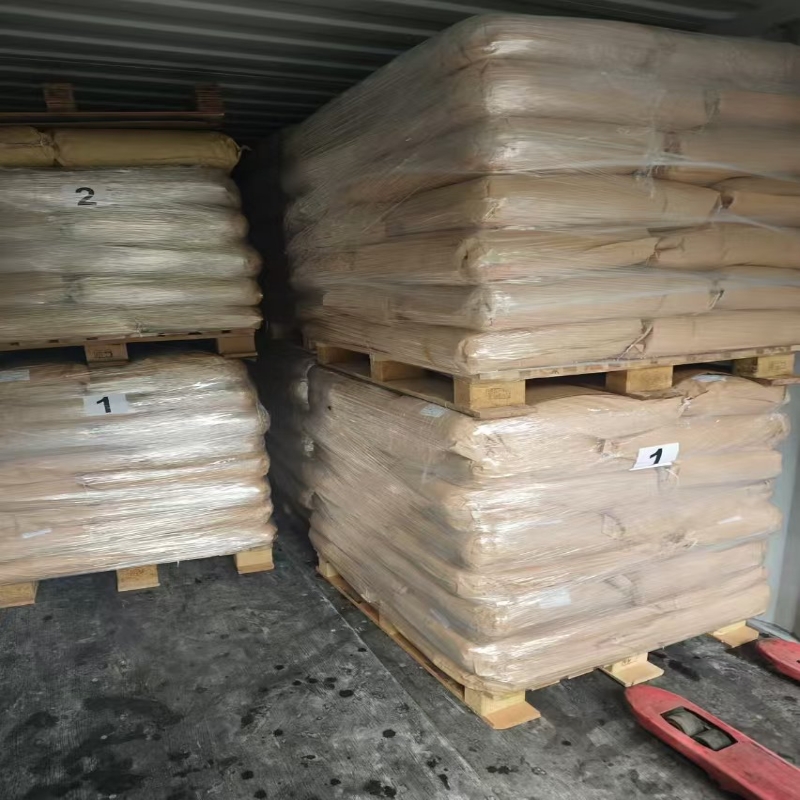-
Categories
-
Pharmaceutical Intermediates
-
Active Pharmaceutical Ingredients
-
Food Additives
- Industrial Coatings
- Agrochemicals
- Dyes and Pigments
- Surfactant
- Flavors and Fragrances
- Chemical Reagents
- Catalyst and Auxiliary
- Natural Products
- Inorganic Chemistry
-
Organic Chemistry
-
Biochemical Engineering
- Analytical Chemistry
-
Cosmetic Ingredient
- Water Treatment Chemical
-
Pharmaceutical Intermediates
Promotion
ECHEMI Mall
Wholesale
Weekly Price
Exhibition
News
-
Trade Service
Guide
Internet- and mobile app based on the female urinary incontinence treatment program has been encouraging
after one year.
Urinary incontinence (UI) affects one in three women, leading to a reduced
quality of life.
Many women face various obstacles when seeking treatment, resulting in unsatisfactory results
.
Previous studies have shown that UI treatment options based on mobile applications (hereinafter referred to as apps) can improve patient conditions and reduce medical costs
.
Therefore, Dutch researchers have developed an app to guide women with stressful, urge and mixed UI to targeted pelvic floor muscle and bladder training
.
This study evaluated the long-term effectiveness
of app-based treatment regimens compared to usual care in primary care.
This is a pragmatic, randomised controlled and cost-effective trial
.
The researchers recruited 262 female patients with stressful, urgent, and mixed UI with ≥ episodes twice a week in the primary care system in the Netherlands from 2015 to 2018, and the patients were randomly assigned to the intervention group (app treatment group) and control group (usual care group), with 89 (68%) and 83 (63%) receiving one-year follow-up
, respectively.
The URinControl app visited by the intervention group contained conservative management of the UI and motivational aids (such as reminders), and treatment planning in the usual care group was carried out
according to the UI guidelines of the Dutch general practitioner.
Efficacy was assessed by the Brief International Urinary Incontinence Questionnaire (ICIQ-UI-SF) and the International Urinary Incontinence Advisory Committee-Lower Urinary Tract Symptoms and Quality of Life Questionnaire (ICIQ-LUTSqol), and linear regression analysis
was performed on the basis of intention-to-treat treatment.
After 12 months, patients in both groups had a reduction in all questionnaire scores (Table 1).
In terms of UI severity, ICIQ-UI-SF scores improved in the app treatment group (-2.
17±2.
81) and the usual treatment group (-3.
43±3.
6).
In terms of quality of life, ICIQ-LUTSqol scores improved in both the APP treatment group (-4.
66±5.
1) and the usual treatment group (-4.
31±5.
7
).
There was no significant difference in symptom scores between the two groups (Table 2).
Table 1 Comparison of questionnaire scores at baseline and 12-month follow-up between APP treatment group vs usual care group
Note: The higher the ICIQ-UI-SF score, the more severe the UI symptoms; The higher the ICIQ-LUTSqol score, the greater the impact of UI on quality of life
Table 2 Changes in questionnaire scores between the two groups from baseline to 12 months, including adjusted differences between groups
App-based UI therapy is a viable alternative to
conventional UI therapy in terms of efficacy after 1 year.
For a variety of reasons, women with UI may not visit the hospital
.
Pelvic floor muscle training and bladder training have been shown to improve UI, lower urinary tract symptoms and quality of life in women, but this simple and affordable physical therapy is still not widely available
in China.
In the context of the Internet, people's lives are inseparable from a variety of apps
.
In this article, the combination of medical technology and the Internet has brought exciting results that may give us some inspiration
.
It is hoped that domestic researchers can develop professional, practical and convenient treatment methods based on the characteristics of UI patients in China, so that more patients can receive effective treatment
.
References:
Loohuis AM, Van Der Worp H, Wessels NJ, et al.
One year effectiveness of an app-based treatment for urinary incontinence in comparison to care as usual in Dutch general practice: A pragmatic randomised controlled trial over 12 months.
BJOG.
2022 Aug; 129(9):1474-1480.
doi: 10.
1111/1471-0528.
16875.
Epub 2022 May 31.
PMID: 34437756; PMCID: PMC9544358.
This platform aims to deliver more medical information
to healthcare professionals.
The content published on this platform cannot replace professional medical guidance in any way, nor should it be regarded as diagnosis and treatment advice
.
If such information is used for purposes other than understanding medical information, this platform does not assume relevant responsibilities
.
The content published by this platform does not mean that it agrees with its description and views
.
If copyright issues are involved, please contact us and we will deal with it
as soon as possible.







